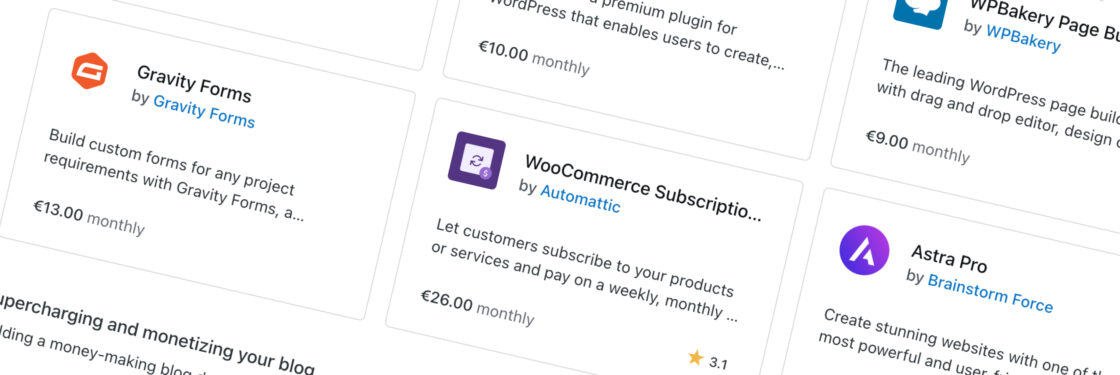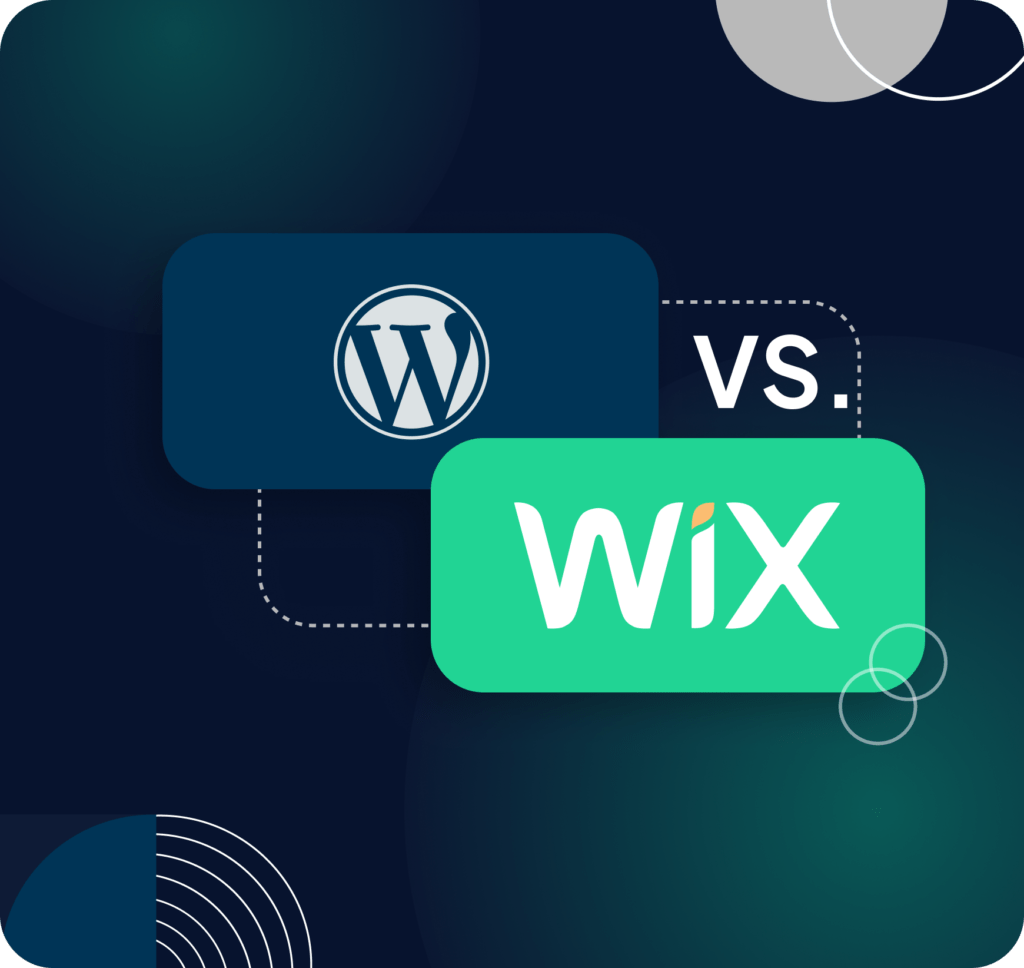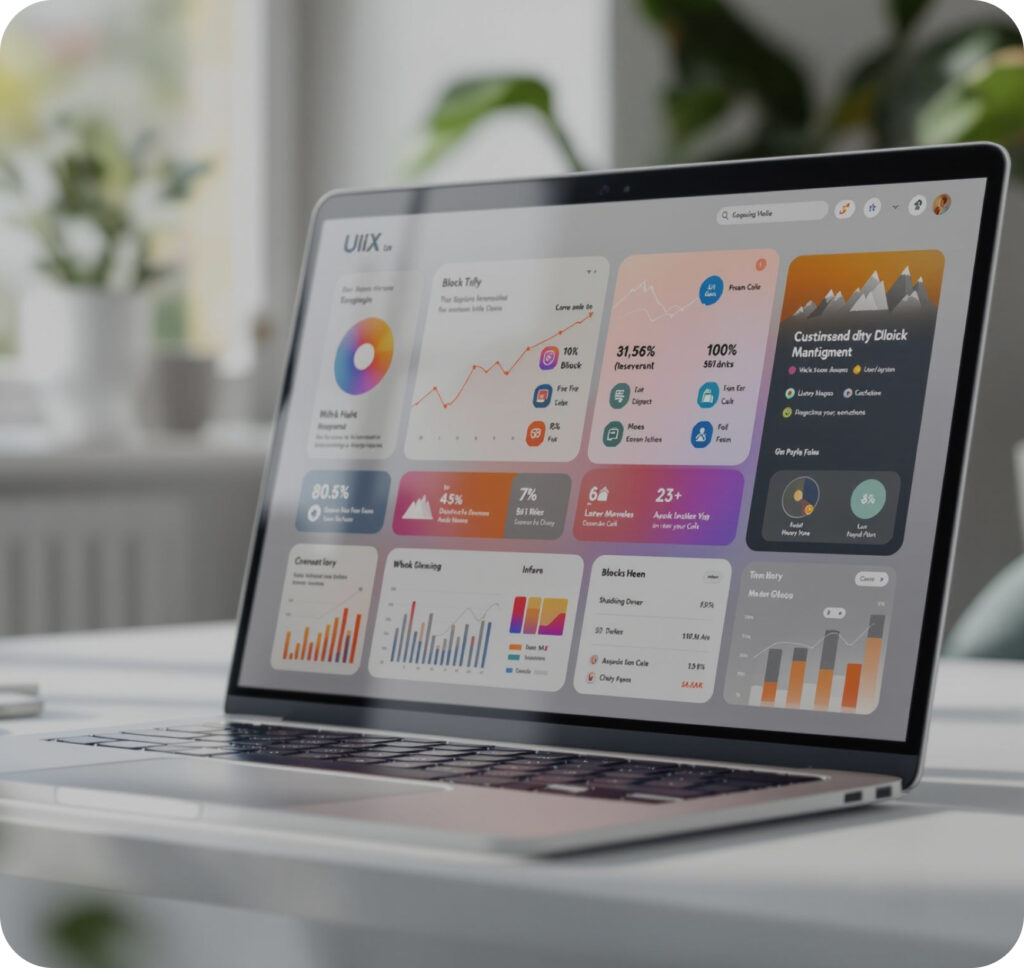Let me guess—you’re here because your WordPress site is crawling at a snail’s pace, and you’re scratching your head trying to figure out which plugin is dragging things down, right?
Well, you’re in the right place for answers because we’ve seen it all before.
Many people assume that reducing the number of plugins on a site will magically solve all performance issues. But it’s not that simple.Sure, the number of plugins can play a role, but the real culprit often lies in how those plugins are built. Poorly coded plugins can wreak havoc on your site’s speed, regardless of how many you have installed.
In this article, we’ll walk you through how to choose the right WordPress plugins to keep your website running smoothly without sacrificing functionality or compromising speed. Let’s dive in and start optimizing.
The Impact of Plugins on Website Speed
Let’s talk about WordPress plugins and how they impact your website’s performance. WordPress plugins are essentially small software components that add specific features or functionalities to your site—like adding a contact form, optimizing images, or enhancing security. While incredibly useful, each plugin interacts with your website’s core code, which can sometimes create performance challenges.
Here’s where things can go wrong. Some plugins can significantly slow down your load times. They might increase your site’s HTTP requests, put a heavy load on your database with complex queries, or even cause conflicts with other scripts. These issues can lead to sluggish performance, which is bad news for your visitors and your business.
Maintaining a fast website is crucial for several reasons. First, it directly impacts user experience—no one likes waiting for a slow site to load. Second, website speed plays a vital role in SEO rankings; search engines like Google prioritize fast websites, which means a quicker site can lead to better visibility. Finally, fast load times contribute to higher conversion rates, as visitors are more likely to stay, engage, and take action on a site that responds quickly.
In short, while plugins can enhance your site, choosing and managing them wisely is essential to maintain optimal performance.
Criteria for Selecting High-Quality WordPress Plugins
When it comes to selecting high-quality WordPress plugins, making the right choice can significantly impact your website’s performance, security, and overall user experience. Here’s what you need to consider to ensure you’re picking the best options for your site:
Reputation and reviews
Start by looking at the reputation of the plugins you’re considering. High-quality WordPress plugins typically come from reputable developers with a strong track record. Check for positive reviews, high ratings, and the frequency of downloads—these indicators show that the plugin is trusted by a broad user base. Additionally, make sure the plugin receives regular updates, as this suggests ongoing support and a commitment to maintaining compatibility and security.
Compatibility and support
Compatibility is key when selecting plugins. Ensure that the plugins you choose are compatible with your current WordPress version and any other plugins you have installed. Incompatibility can lead to conflicts that may break your site or cause performance issues. Moreover, prioritize plugins that offer good customer support. If you encounter any issues, responsive and knowledgeable support can save you a lot of time and headaches.
Lightweight and efficient code
Not all plugins are created equal, especially regarding how they impact your site’s performance. Look for lightweight WordPress plugins that are optimized for efficiency. Avoid plugins with bloated code or unnecessary features that can slow down your site. A lightweight plugin will do its job effectively without compromising your site’s speed or user experience.
Regular updates
Finally, ensure that the plugins you choose are regularly updated. Regular updates are crucial for maintaining compatibility with the latest WordPress version, enhancing security, and improving overall performance. Plugins that are frequently updated are more likely to be secure, bug-free, and compatible with your site’s evolving needs.
Look for multifunctional plugins
You have multiple plugins installed, each handling a single task. So, consider replacing several single-purpose plugins with one multifunctional plugin. For example, instead of using separate plugins for caching, minifying CSS/JS files, and image optimization, you could use a comprehensive performance plugin like WP Rocket. This approach reduces the number of active plugins, streamlines your site, and often improves overall performance.
How To Find Slow WordPress Plugins
There are several strategies you can use to identify which WordPress plugins might be slowing down your site, even if you’re not a tech expert. These approaches range from using user-friendly tools to simple testing methods. Let’s explore all the possible ways to track down a misbehaving plugin.
Use performance monitoring tools
One of the easiest ways to identify slow plugins is by using performance monitoring tools that are designed for WordPress. Query Monitor and P3 (Plugin Performance Profiler) are two popular options that don’t require a technical background. These tools analyze your WordPress site and generate detailed reports showing which plugins are consuming the most resources. They can highlight plugins that are causing long database queries, high CPU usage, or excessive memory consumption. Once you have this information, you can decide whether to keep the plugin, replace it, or find an alternative that’s more efficient.
Deactivate and test plugins
A more manual but effective method is to deactivate all your plugins and then reactivate them one by one. After each activation, you can check your site’s load times using simple tools like GTmetrix or Pingdom. These tools provide an easy-to-understand report on how fast your site is loading. If you notice a significant slowdown after activating a particular plugin, it’s likely the source of the problem. This method may take a bit of time, but it’s very straightforward and doesn’t require any technical knowledge.
Check resource usage in your hosting dashboard
Most web hosting providers offer dashboards that display your website’s resource usage, such as CPU and memory consumption. Log in to your hosting account and look for these metrics, often found under sections like “Performance” or “Resource Usage.” If you notice spikes in resource consumption when certain plugins are active, this could indicate that the plugin is too resource-intensive. This method is useful because it gives you a broader view of how different plugins impact your site’s overall performance.
Use built-in WordPress features
WordPress itself offers some basic tools that can help you identify slow plugins. For instance, you can enable debugging mode by adding a line of code to your wp-config.php file (ask your hosting provider for help if you’re unsure). This mode can reveal errors or performance issues linked to specific plugins.
Testing in a staging environment
Before deploying any new WordPress plugins on your live site, it’s wise to test them in a staging environment. A staging site is a clone of your live website where you can safely test changes without affecting your users. By doing this, you can observe any impact on website performance and functionality, ensuring that the plugin won’t cause issues like slowing down your WordPress site.
Limit the Number of Plugins
First and foremost, it’s crucial to limit the number of installed WordPress plugins on your site. Each plugin adds a layer of code that your server has to process, which can slow down your site, especially if the plugins are poorly coded or outdated. To keep your site running smoothly, only install plugins that are absolutely essential to your website’s functionality. By focusing on the core features your site needs, you can minimize potential issues and improve overall performance.
Final thoughts
Choosing the right WordPress plugins is essential to maintaining a fast and responsive website. To recap, limit the number of plugins, deactivate and remove unused ones, and opt for multifunctional plugins that streamline your site’s functionality. Here’s a quick checklist:
– Only install essential WordPress plugins.
– Regularly audit and remove unused plugins.
– Look for plugins that offer multiple functions.
With the right approach, you can enhance your website’s performance without sacrificing speed. At Artilab, our team is ready to help you optimize your site and ensure it runs smoothly. Let’s work together to keep your website fast, secure, and effective.






